COS News
News
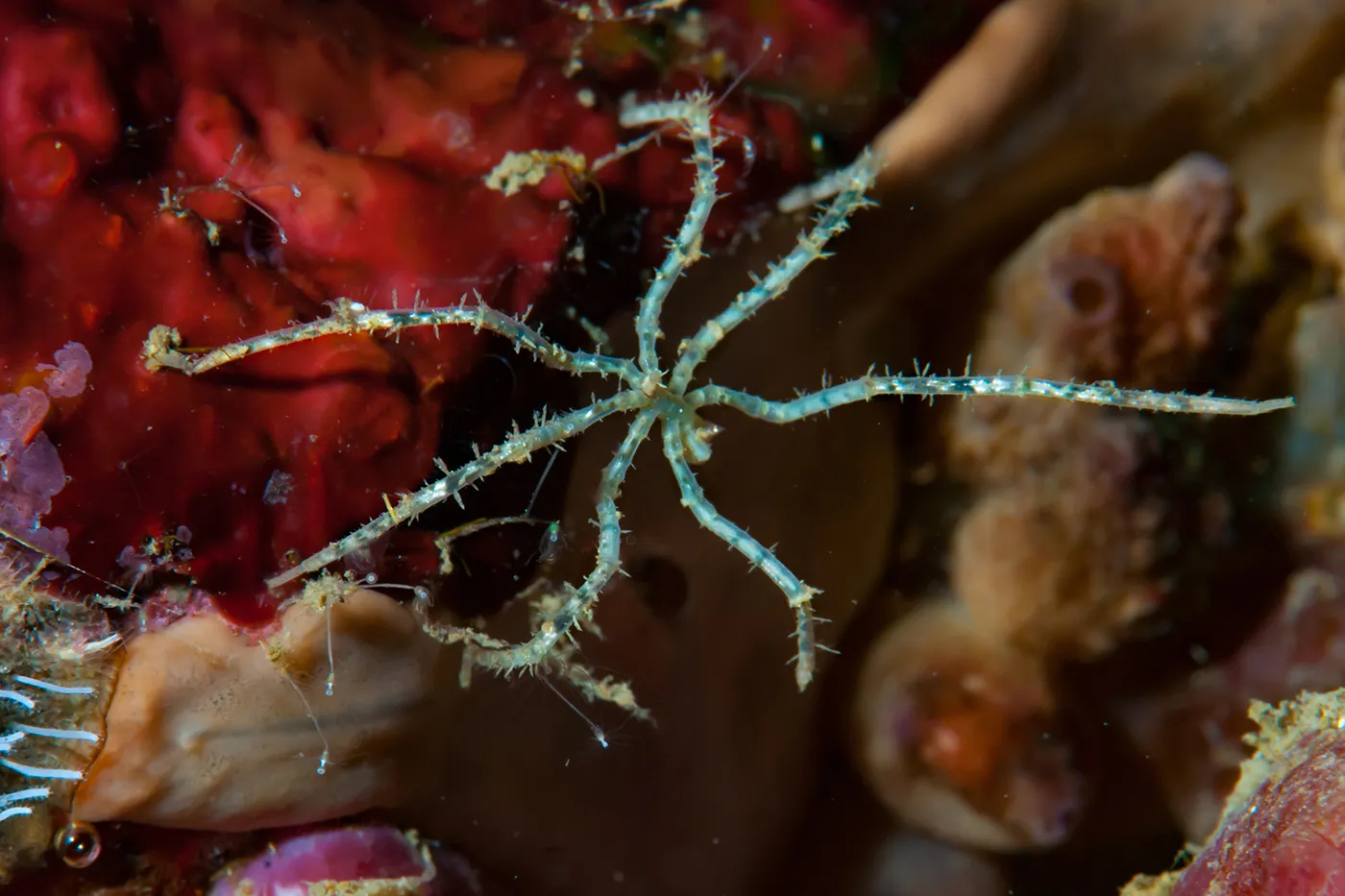
Connie Phong wants to know how an animal adapted to live in a highly specialized environment — just below the freezing point for seawater — responds to warming oceans.
How Northeastern scientists are using Antarctic sea spiders to study life on the edge
News

Fleury Augustin Nsole Biteghe has identified a way to target two of the deadliest cancer types with chemotherapy drugs but without the harms associated with chemotherapy.
Northeastern researcher uses light to target and kill cancer cells
Showing 206 results in Physics
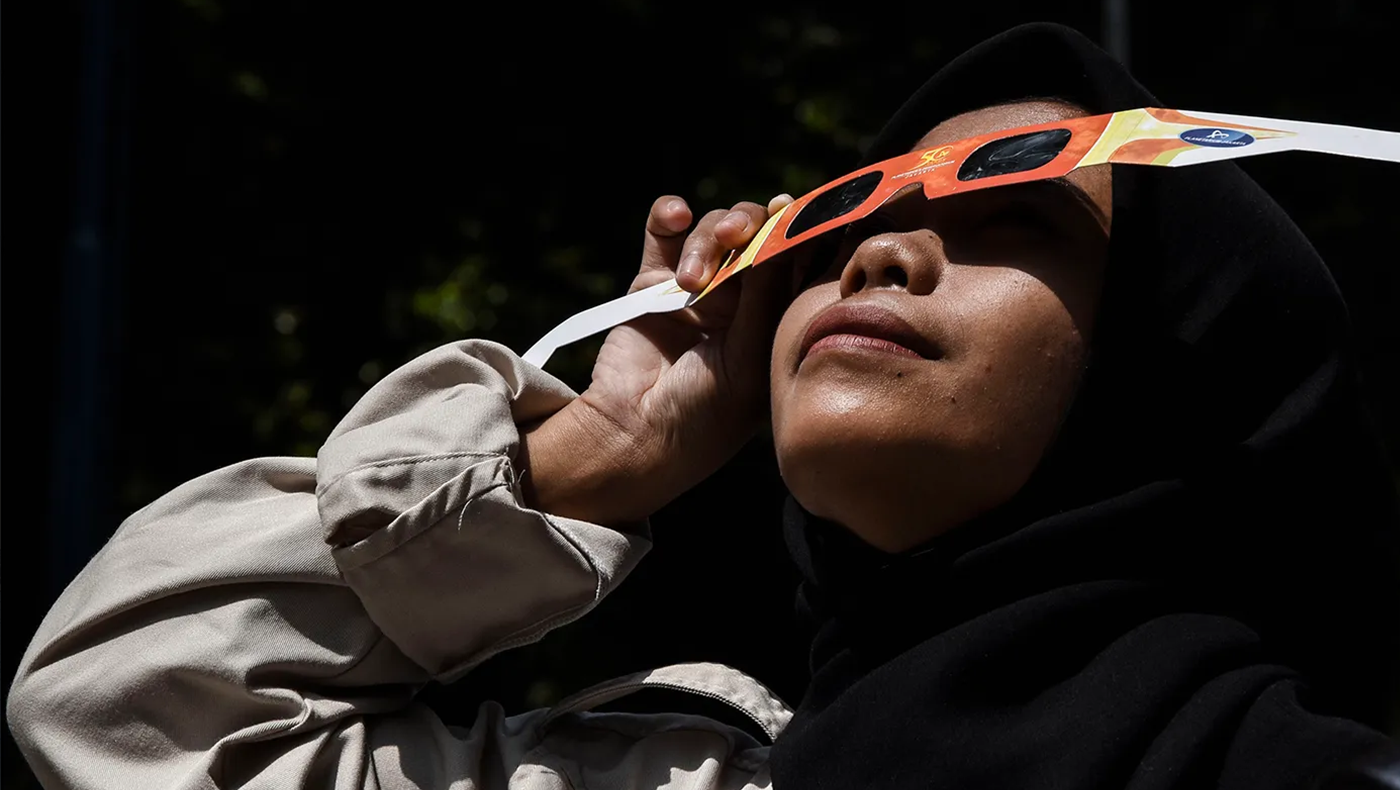
How to safely watch Oct. 14 ‘ring of fire’ eclipse
A spectacular ‘ring of fire’ solar eclipse on Oct. 14 will be a sight worth viewing, but only with proper eye protection, according to Northeastern University experts.
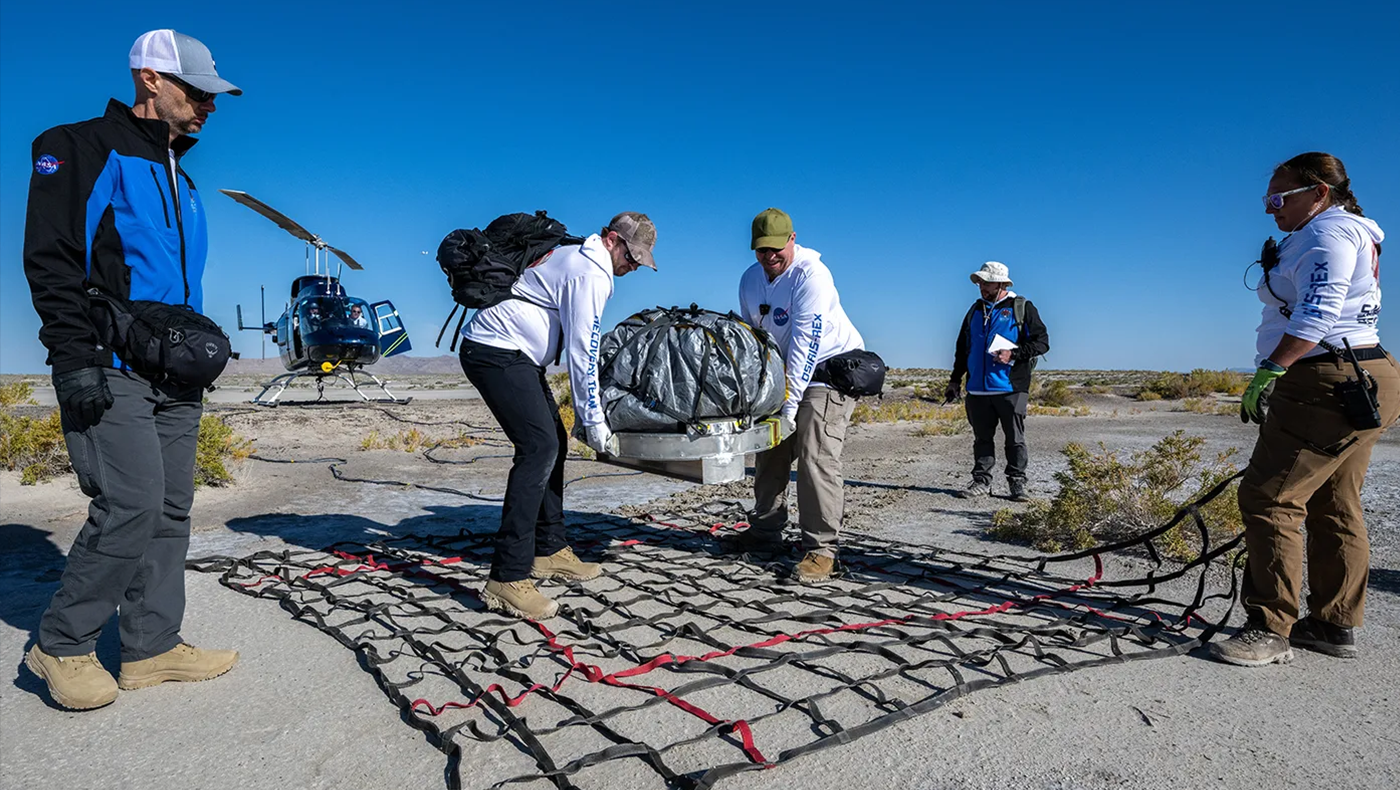
Rock and dust from asteroid Bennu offers unprecedented opportunity to study origins of the solar system, cosmologist says
The recovery of 8.8 ounces of rock and dust from the asteroid Bennu on Sunday is a scientific game changer, says Northeastern physics professor and cosmologist Jacqueline McCleary.

Miss looking up and seeing stars? Light pollution is becoming more and more of a problem, expert says
Look up in the night sky and what do you see? Probably a whole lot of light — and not from celestial bodies.
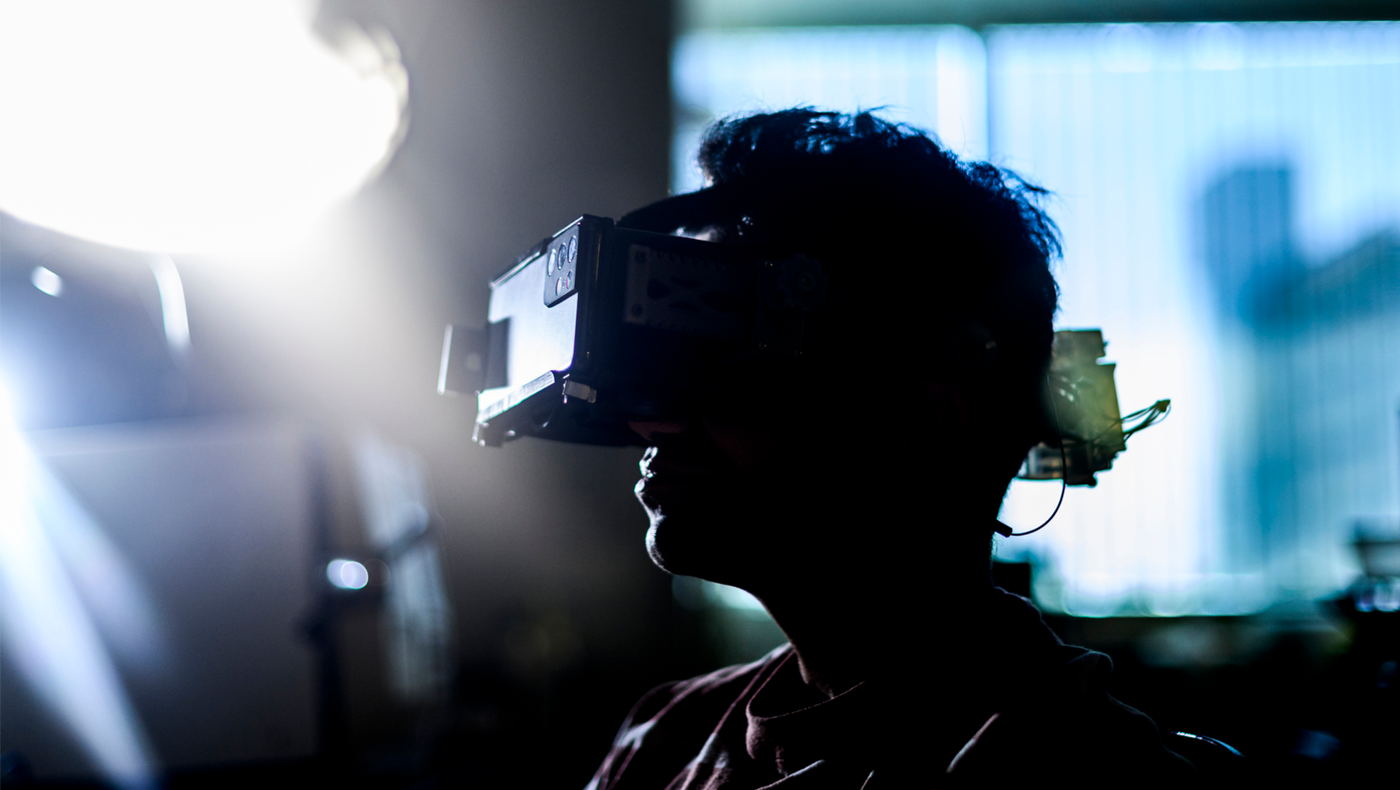
These goggles scan your brain to detect neurological and vision function loss
It combines a smartphone in a virtual reality headset with a brain sensor and plays podcasts.

Northeastern receives $17.5 million from CDC to launch infectious disease prediction center
The Centers for Disease Control and Prevention is giving Northeastern University $17.5 million over the next five years to head an innovation center designed to help detect and prepare the United States for the next outbreak of infectious disease, especially in rural areas.
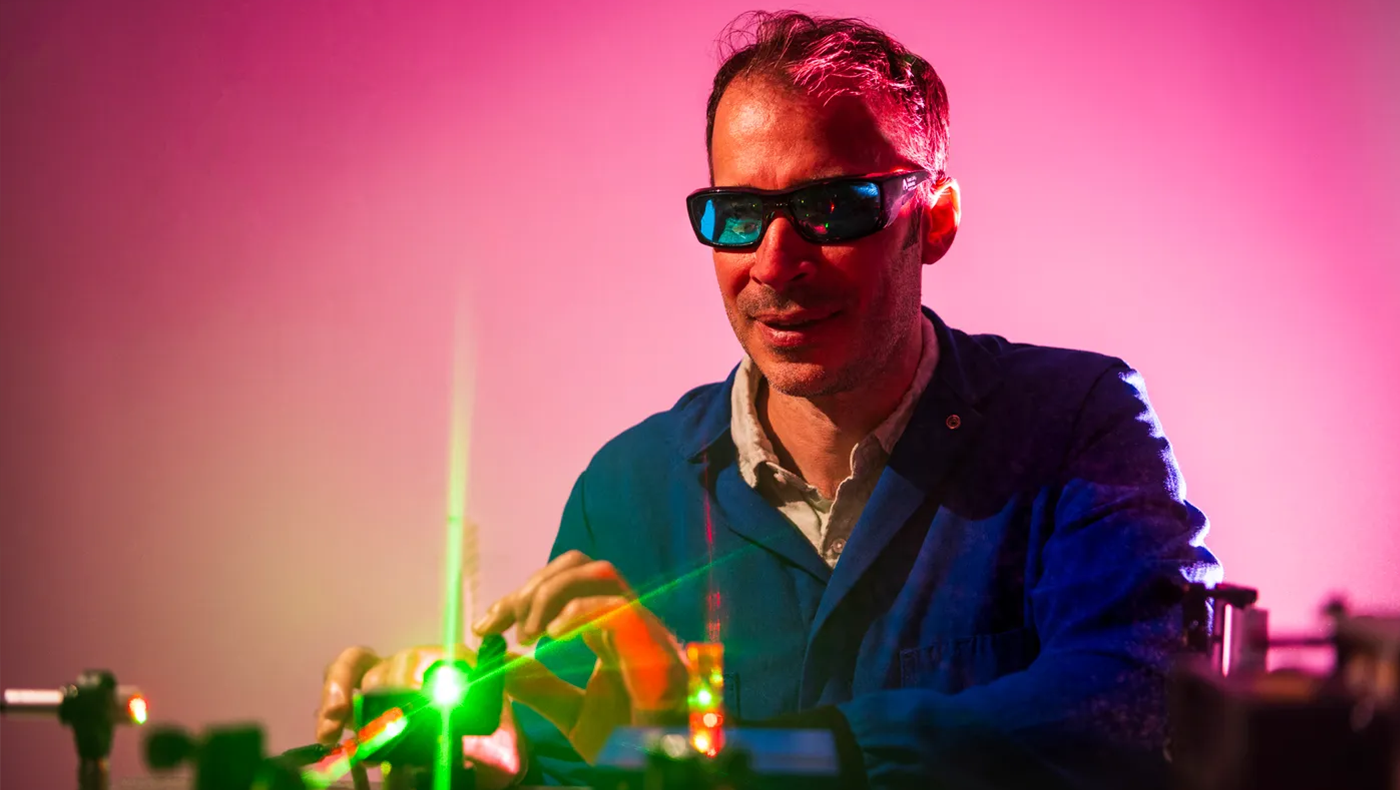
New laser treatment for ovarian cancer gets $2.7 million development grant
A biomedical physics lab at Northeastern has received a $2.7 million grant to develop a new treatment for ovarian cancer that will use lasers to spot and target chemo-resistant cancer cells and boost a patient’s immune system.
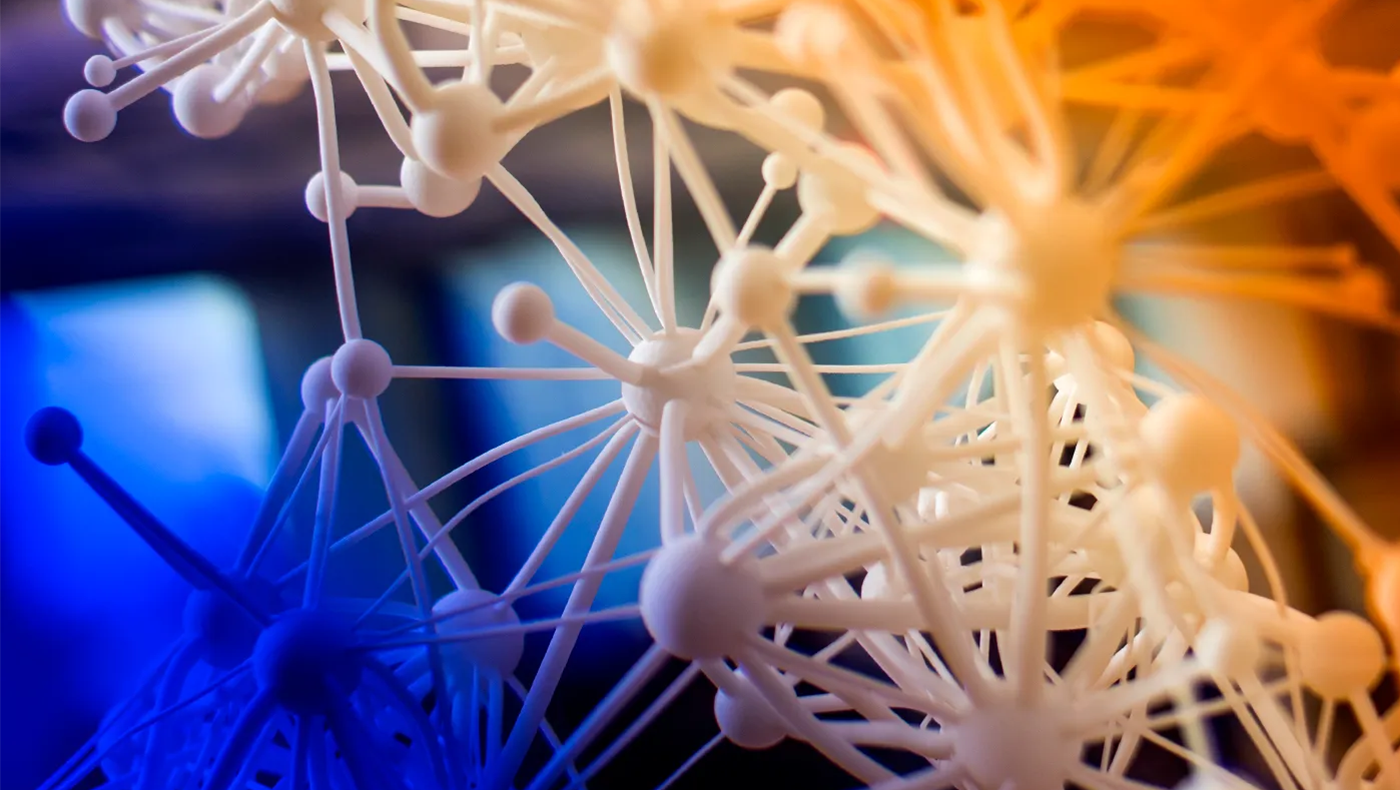
NSF grant will help bring methods of network science to the world of solid materials, establishing new multi-university center
Northeastern will soon embark on a collaborative project to bring the methods of network science to the world of small particles and novel materials, with help from a substantial National Science Foundation grant.
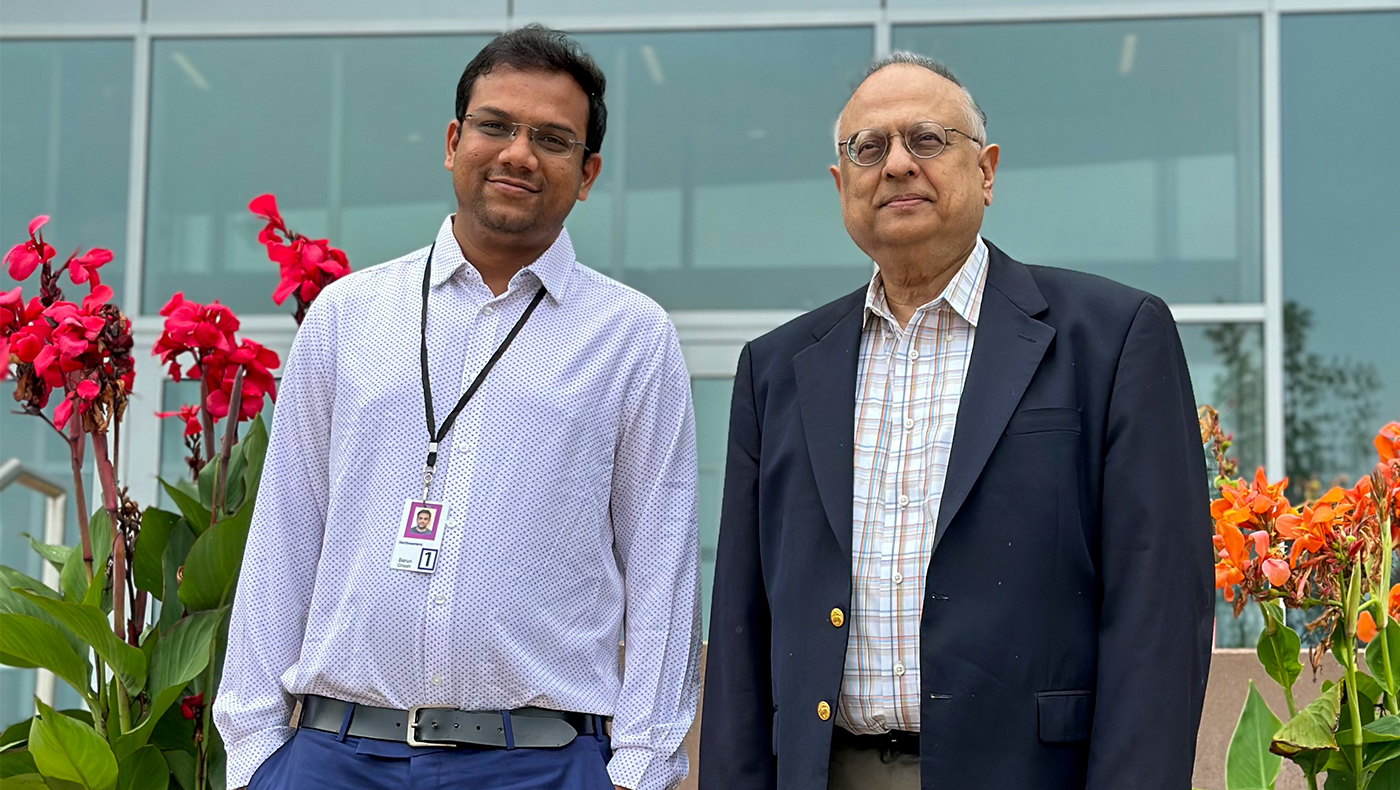
Northeastern’s Department of Physics is spearheading the discovery of revolutionary phenomena in quantum materials
At the intersection of quantum materials and revolutionary technological applications, two Northeastern community members’ latest contribution to "Science" unveils the phenomenon of a new type of nonlinear Hall effect—a discovery with tantalizing implications for our future. Postdoctoral Research Associate Barun Ghosh and University Distinguished Professor Arun Bansil of Northeastern's Department of Physics were recently published in this widely respected and reputable academic journal for their research article, “Quantum metric nonlinear Hall effect in a topological antiferromagnetic heterostructure.”

What is a blue supermoon and how rare is the Aug. 30 event?
There’s a blue supermoon in the astronomical forecast for Wednesday, Aug. 30.
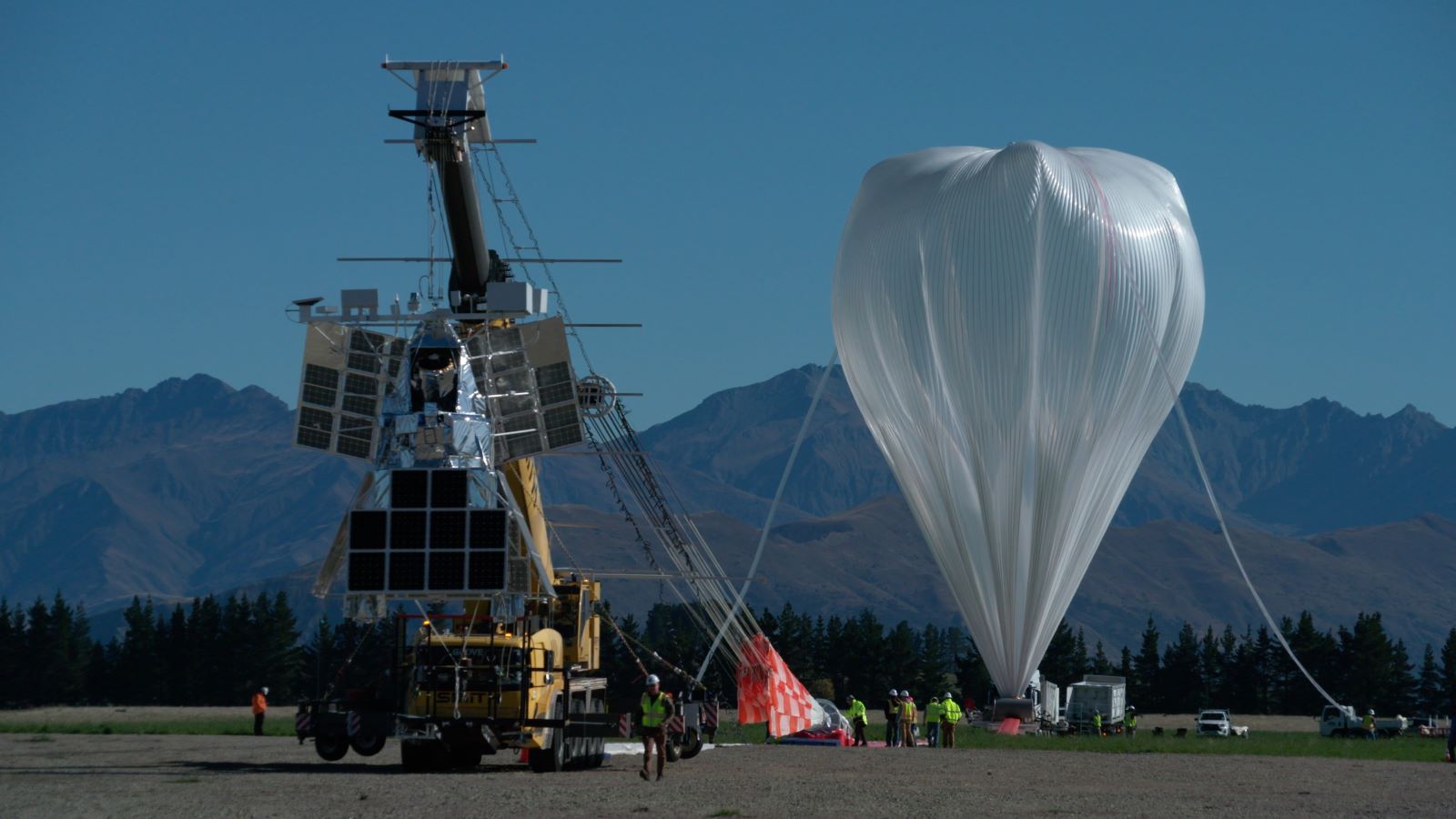
Meet Northeastern’s new astrophysics professors who hope to shed light on dark matter and dark energy
Astronomers are pulling out all the stops: A telescope tethered to a football-stadium-sized balloon, a camera the size of an SUV and twice as heavy nestled in the Chilean mountains, a tiny blue cube filled with chilled liquid argon sitting in a Northeastern lab destined for balloon flights. And, of course, the James Webb Space Telescope.
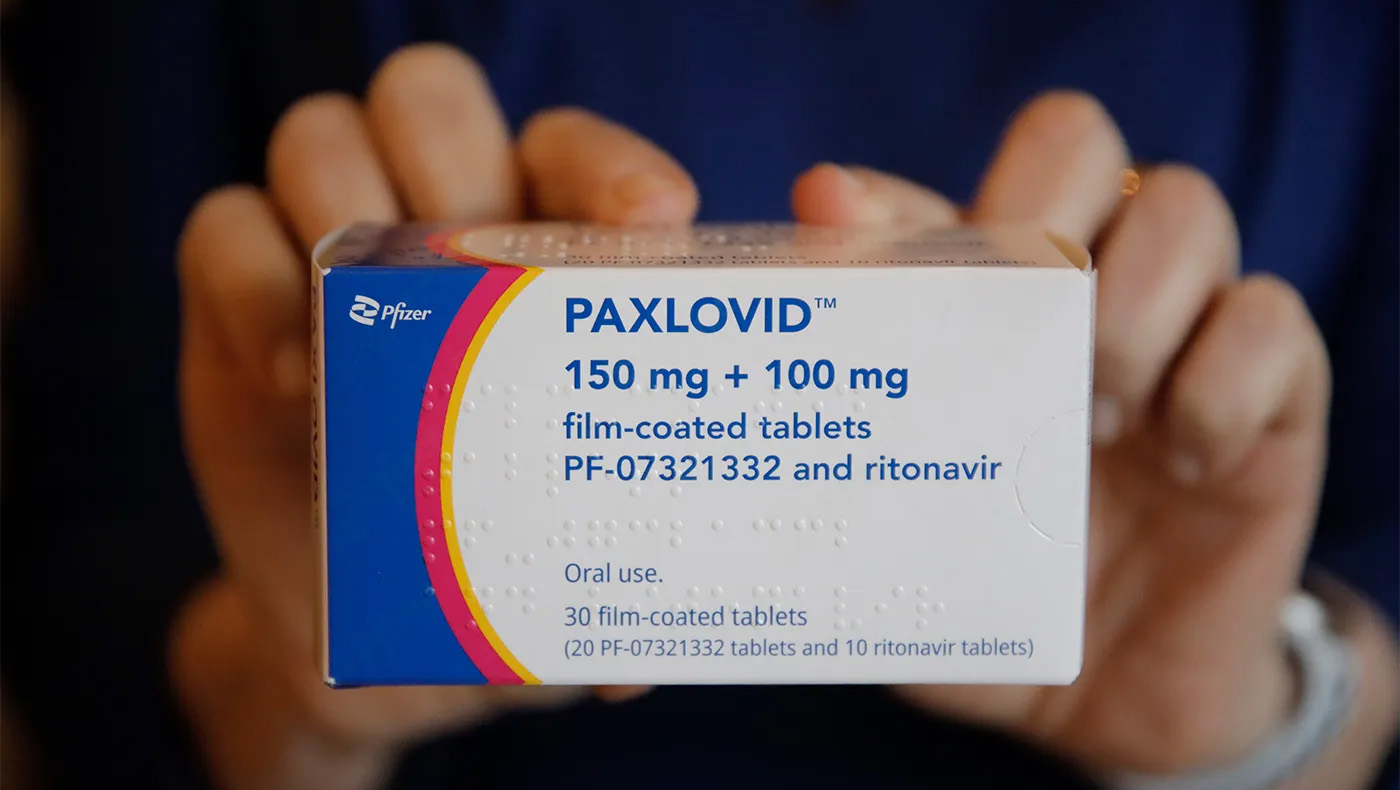
Long COVID clinical trials a step in the right direction, but scale doesn’t match the need, researchers say
“There is now a shift of acknowledging it’s not in people’s heads. And that’s progress,” says Kostka, director of the Observational Health Data Sciences and Informatics (OHDSI) at Northeastern’s Roux Institute.
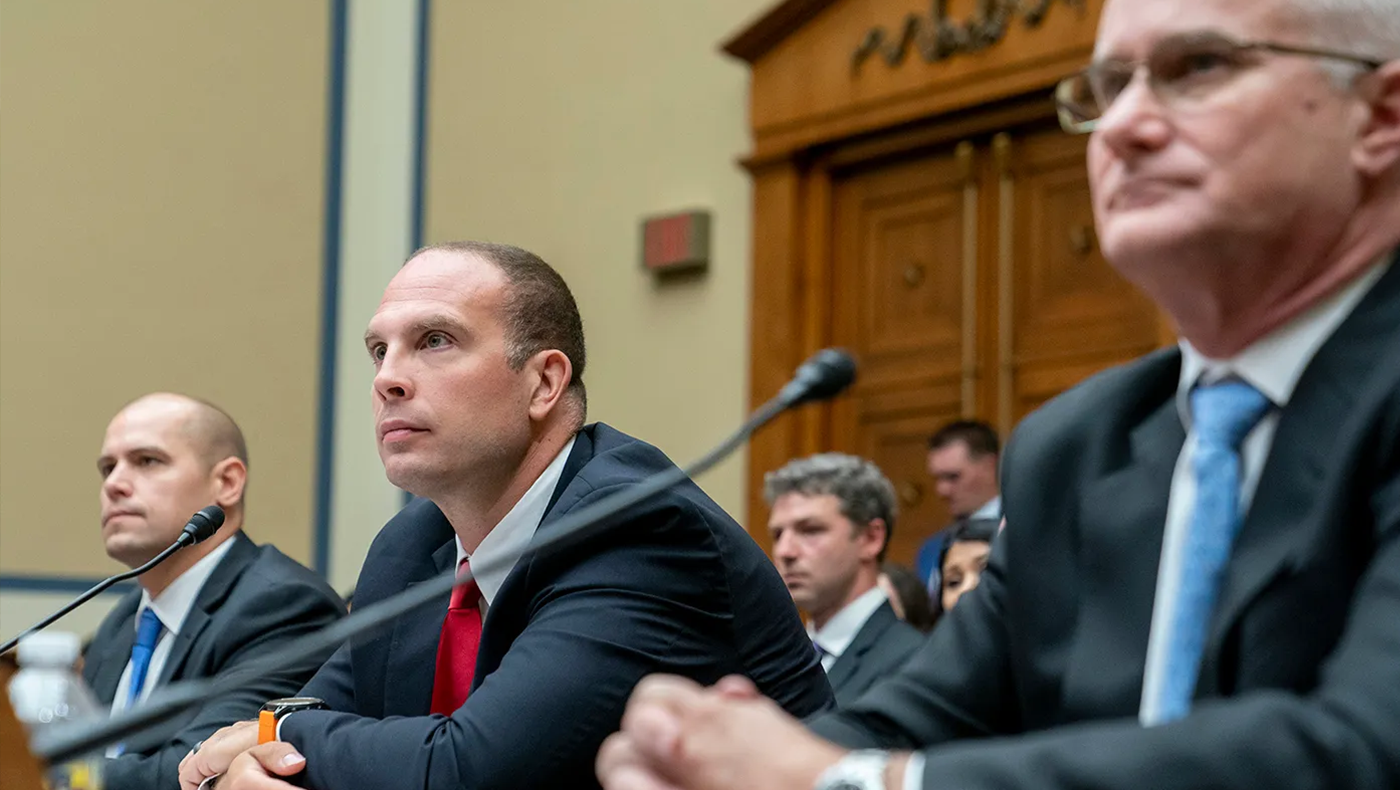
Crashed UFOs? Non-human ‘biologics’? Professor asks: Where’s the evidence?
Congressional testimony this week about reverse engineering from crashed UFOs and the recovery of non-human “biologics” sounds like science fiction.